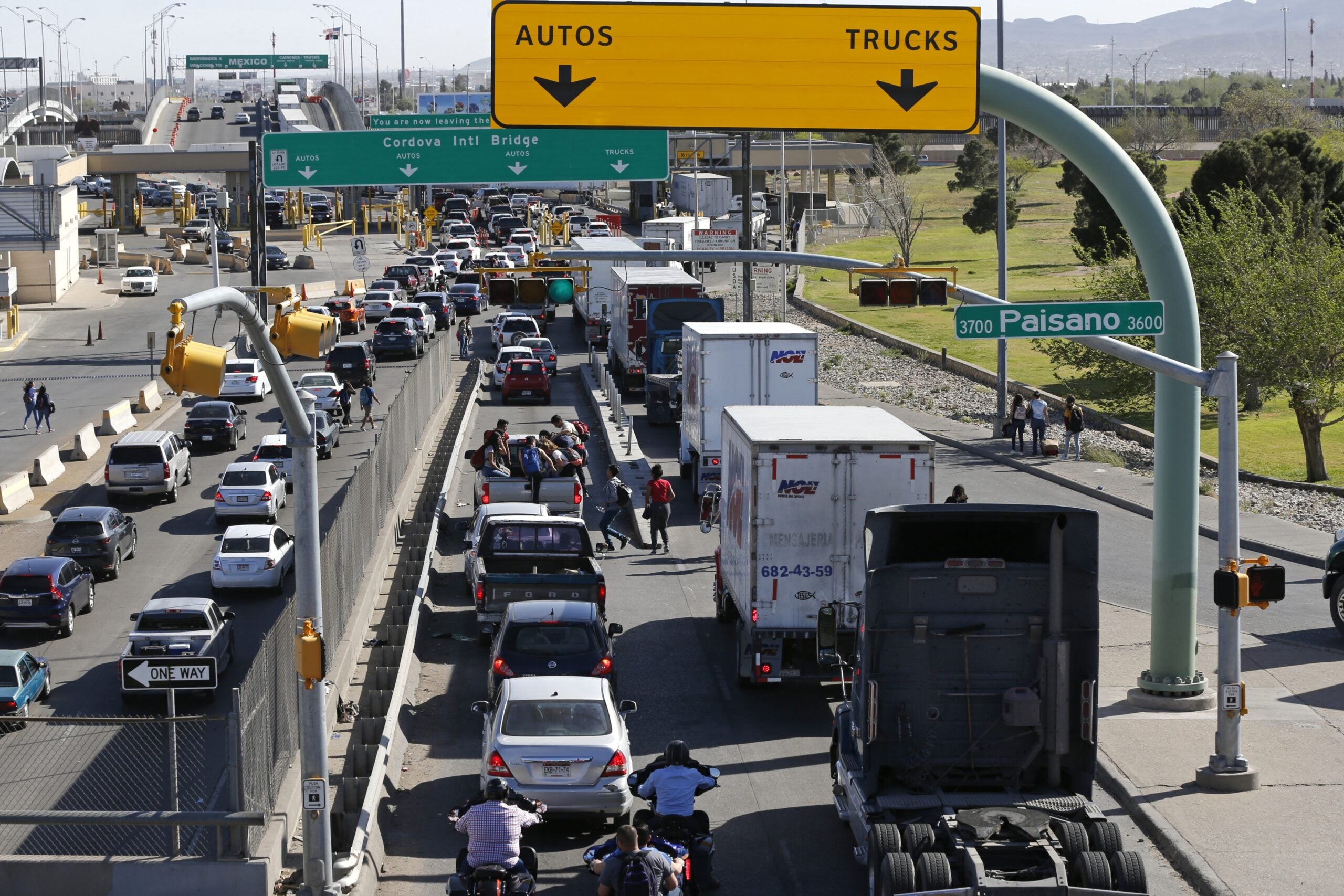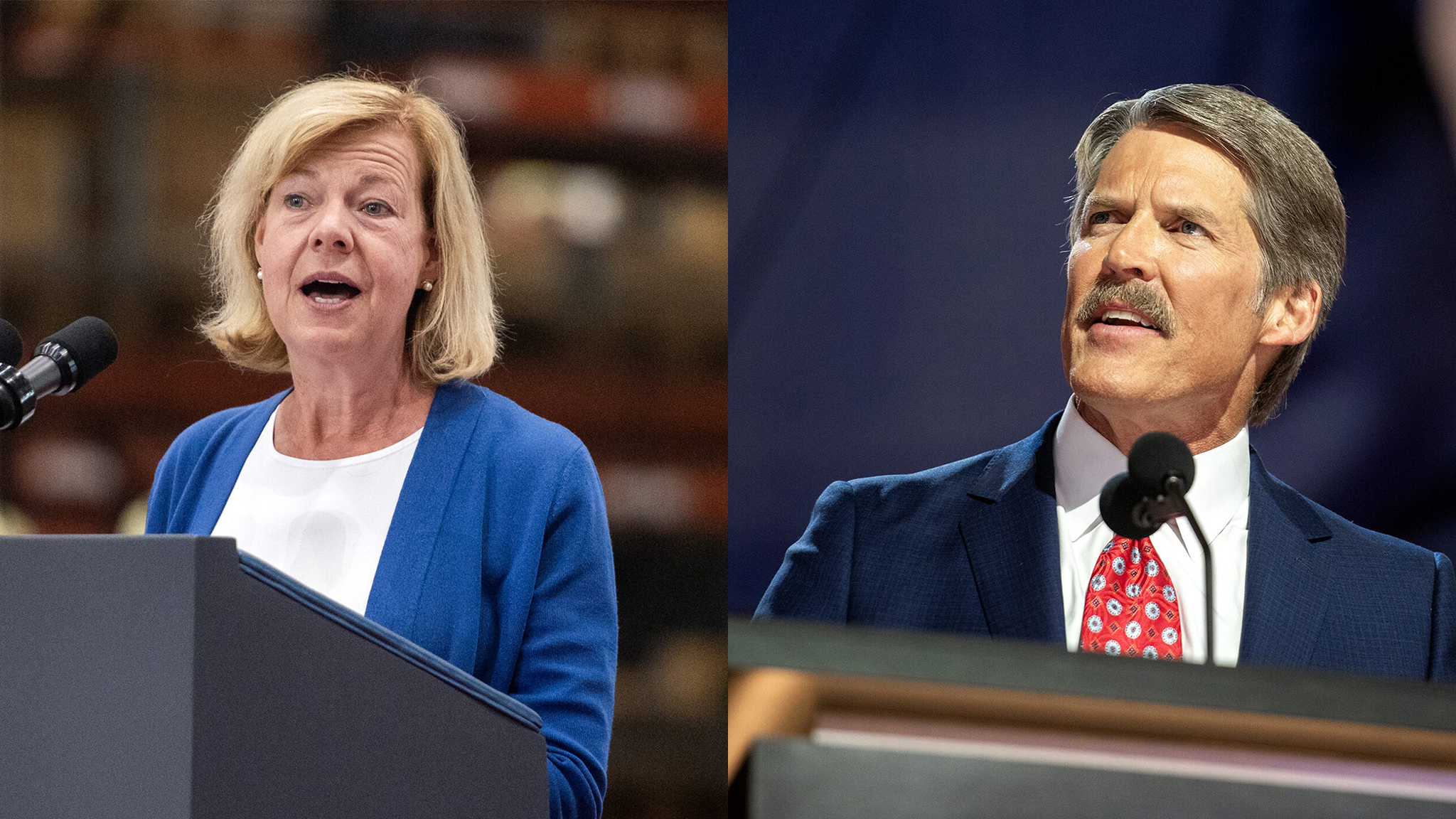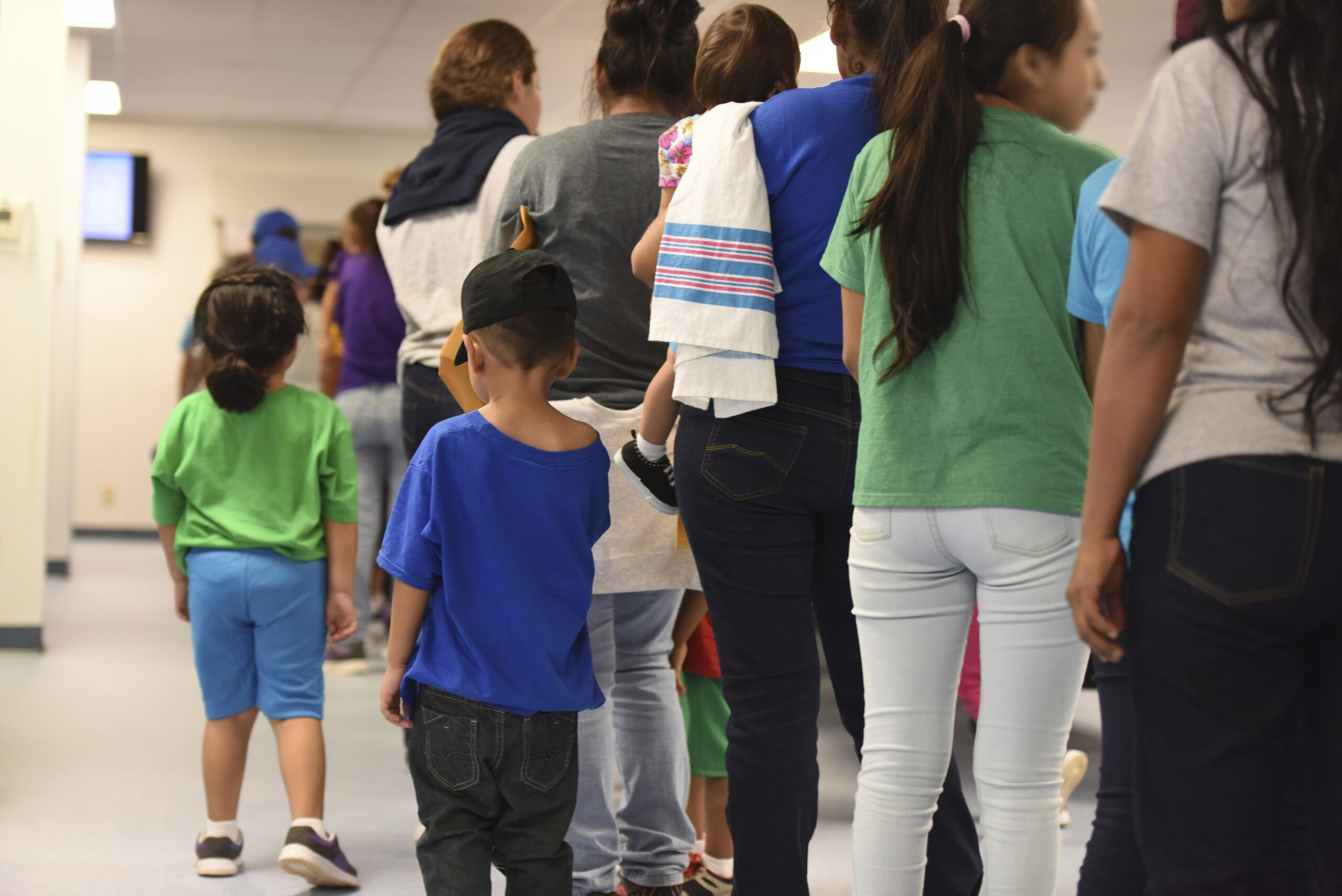Wisconsin senators say President Donald Trump’s threats to close the United States-Mexico border would hurt the U.S. economy. However, the Associated Press reports the White House is walking back the president’s remarks and “looking at all options” on whether to close ports of entry.
The Associated Press reported Tuesday that Trump is taking a “wait-and-see” approach on closing the border this week after threatening last week to close “large sections” of the southern border unless authorities from Mexico immediately halt all illegal immigration.
Republican U.S. Sen. Ron Johnson told WTMJ radio host Steve Scaffidi on Monday that he doesn’t know how Trump could shut down the border.
Stay informed on the latest news
Sign up for WPR’s email newsletter.
“Recognize (that) if we close ports of entry, there’s so much commerce, component parts, you start shutting down manufacturing plants in the United States,” Johnson said. “So, that would be a self-inflicted wound.”
In a statement Tuesday to Wisconsin Public Radio, Democrat U.S. Sen. Tammy Baldwin said Trump’s threat to shut down the border would have a “devastating impact on the American economy.”
“In Wisconsin, shutting down trade would hurt our agriculture economy at a time when we need to increase market access in Mexico for our Wisconsin dairy farmers and cheese makers,” said Baldwin in the statement. “Congress just provided the Department of Homeland Security with $1.375 billion for smart, cost effective border security, $415 million in humanitarian assistance, and $570 million for specialized screening equipment at our ports of entry to detect illegal drugs and prevent human smuggling.”
Baldwin said the president should put those funds to work rather than “creating more chaos and hurting our economy.”
Johnson told WTMJ the nation’s immigration laws need to change. He said a potential remedy to the humanitarian crisis at the border would include more immigration judges to adjudicate asylum claims faster. He added he would also like to see more detention facilities to hold people longer and change the law to allow facilities to hold people longer than 20 days.
“Not indefinite detention, but maybe two or three or four months so we can adjudicate their claims,” Johnson said.
The Flores settlement prevents the government from holding migrant children longer than 20 days, according to National Public Radio. NPR reported in June that Trump told then-Attorney General Jeff Sessions to seek permission from the federal court to change the agreement, which would allow children and families to remain together in detention with no time limit.
Wisconsin Public Radio, © Copyright 2025, Board of Regents of the University of Wisconsin System and Wisconsin Educational Communications Board.





